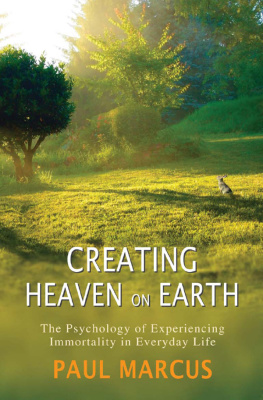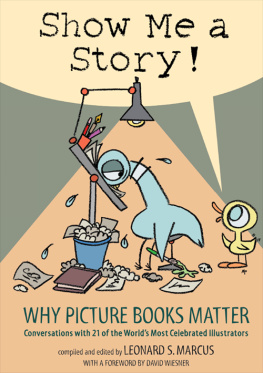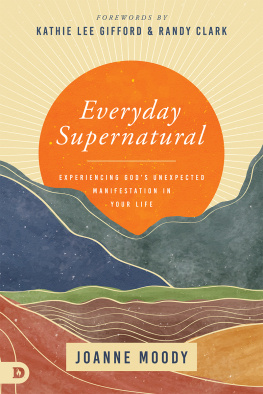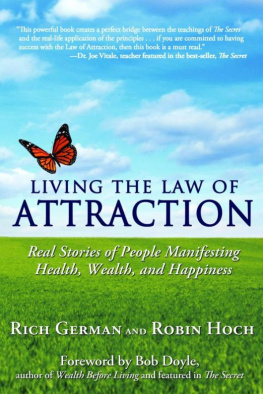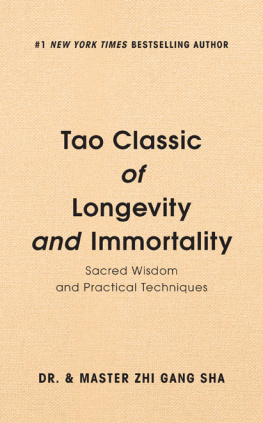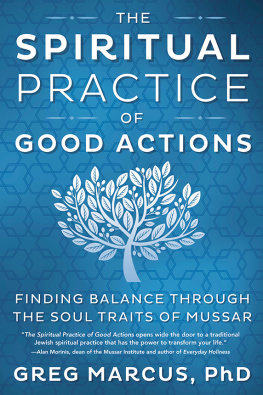CHAPTER ONE
Introduction
The quest for earthly immortality

The best argument I know for an immortal life is the existence of a man who deserves one.
William James (Esar, 1995, p. 413)
K nown for his unrestrained optimism, Ralph Waldo Emerson said that if he were banished to hell, he would make a heaven there (Nichols, 2006, p. 29). Indeed, we all know people, enviably so, who, despite the sham, drudgery, and broken dreams of everyday life manage to find and create situations that are a fertile psychological breeding ground for joyful self-assertion and personal transcendence. It is these transformational and deeply satisfying moments that reflect what psychoanalyst Margaret Mahler described as a typical experience for the well-looked-after toddler, that love affair with the world (Mahler, Pine, & Bergman, 1985, p. 74) that constitutes what I metaphorically refer to as making a choice of heaven on earth. Robert Jay Lifton has described this process as striving for symbolic immortality, an experiential transcendence, that intense feeling when time and death disappear. Such experiences of being enamoured with existence centrally involve losing oneself and can occur in a number of enthralling contexts: in religious and secular forms of mysticism, and in song, dance, battle, sexual love, childbirth, athletic effort, mechanical flight, or in contemplating works of artistic or intellectual creation (Lifton, 1976, pp. 3334).
My claim in this book is that the capacity to find and create frequent moments of joyful self-assertion and personal transcendence in part constitutes what Aristotle, in his Nicomachean Ethics, called eudaimoniahuman flourishing and well-being (Cooper, 2006, p. 86), also called the art of living the good life. By good life I mean, following Freud, a life of deep and wide love, creative and productive work, that is guided by reason and ethics and is aesthetically pleasing (that is, attentive and appreciative of sensuous The art of living the good life ultimately involves fashioning the petite bonne heures, the small pleasures one finds and creates into a larger narrative of self-identity, giving one the profound and powerful sense that life is meaningful, satisfying, and justifiable. This self-fashioning process requires a fine-tuned capacity for noticingthe ability to become aware of something or somebody and register the fact in the mind. This capacity of awareness, or mindfulness as the Buddhists have famously called it, means noticing the idiosyncrasies and the specialness, of the this-ness of the moment (Miller, 2010, p. 190). There is an inner calm and serenity, a therapeutic ripple effect, associated with such experiential attunement, engagement and endorsement (OBrien, 2010a, p. 201), the micro-perceptual skilfulness that constitutes embracing life without reserve. OBrien, drawing from Daniel Haybron's The Pursuit of Unhappiness: The Elusive Psychology of Well-Being, describes the many aspects of this sharpened sense-perception and the happiness that it evokes, within the context of common gardening:
There is first attunement. This is manifest in feelings of tranquility or inner suretyAs one leans against one's shed after a heavy bout of digging one feels psychicallyat home in one's lifeone's day-to-day anxieties have floated away. Such attunement leads to engagement. One steps inside the shed and becomes engaged in activitypotting on, cleaning one's tools, organizing one's seed trays. One can become lost in such activity, unaware of the passage of time, and even of oneselfBefore one knows it the sun is setting and one must pack away one's tools. Lethargy or listlessness have melted away in activityEngagement then leads to endorsement, and here pleasurable feelings are important. One becomes conscious of one's activity, and perhaps of the productivity on one's plot or the beauty of one's blooms. (ibid., pp. 200201)
The overall impact of such moments of enchantment is an enhanced mood, a sense of fullness, plentitude, or livelinessof having had one's nerves or circulation or concentration power tuned up or recharged (Bennett, 2001, p. 5). Put more colloquially, such moments feel like a shot in the arm, similar to that delight that calls to mind childhood play (ibid.). Indeed, in a world that often feels overwhelmingly brutal and dehumanising, a literal death worldjust glance at the morning newspaper headlinesand where most of us feel unable and/or unwilling to engage in sustained political action to bring about humane global changes, we can at least resist these dark forces, or what Freud called Thanatos (the death instinct), by engaging in ethically animated, life-affirming, everyday activities that make our world a little bit better. As Jean-Paul Sartre noted, Everything has been figured out, except how to live (Parker & Austin, 2011, pp. 23).
Rather than focus on familiar peak experiences, those usual suspects that overwhelm the senses with rapture, like making sexual love, gazing at a beautiful sunset, or childbirth, I have chosen to explore the phenomenology of five of the more ordinary, subtle experiences of life that many people take for granted, though they can be said to reflect the hiddenness of the divine (Buber, 1999b, p. 44). They include gardening, going to a baseball game, having a cup of coffee with a friend, listening to music, and telling or listening to a story. These common experiences are usually felt to be less immediately euphoric than peak experiences in that they often require more internal worklike exacting preparation and examination, critical self-reflection, and accurate empathythese qualities of mind and heart being some of the conditions for the possibility of the upsurge of transcendent joy. In each one of these illustrative chapters I provide a thick description of what it is like to engage in these activities skilfully, with the fullness of one's being, and always with an eye to fostering a sense of transformative, joyful self-assertion and personal transcendence. Moreover, as with any thick description, I have tried to not only delineate the literal behaviour that constitutes the activity in question, but also its broader psychological and social context, such that someone who has never engaged in, for example, seeding a garden, sitting in the centerfield bleachers (central stands) at a baseball game, or listening to The Boss (the nickname for Bruce Springsteen) or the blues, would understand and appreciate their complexities and evocative sway.

